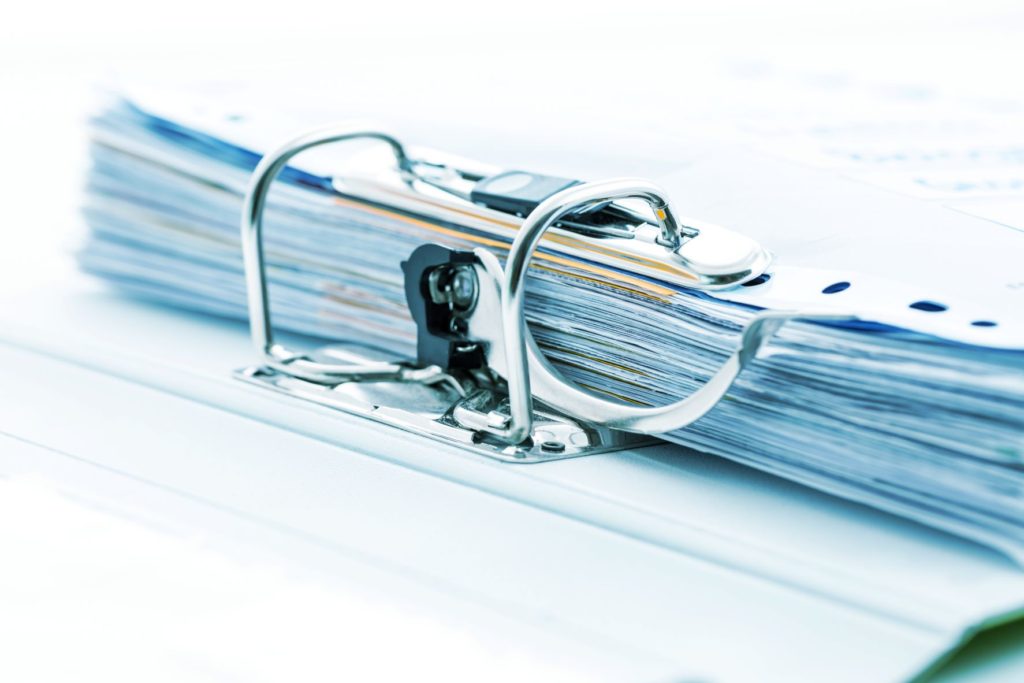Who Pays the Debt When You File Bankruptcy?
You may be wondering who pays the debt when you file for bankruptcy. While many types of debt are unsecured, this isn’t necessarily the case with credit card debt. A job loss or unexpected expenses can make it difficult to stay current. Bankruptcy is an option, but there are a few factors you should consider before filing. Secured debt can be more difficult to discharge than unsecured debt. It may be easier to pay back your debt in installments, but you must understand that you won’t be able to get a loan in the future.
Unsecured debt
Bankruptcy will take care of most unsecured debts. In most cases, unsecured creditors can only take your money if they win a lawsuit and obtain a judgment. When you stop paying your credit card bills, they will likely contact you through a collection agency or debt collector. Unsecured creditors can’t take your property, but they can take the items that you charged to your credit card.

Usually, bankruptcy filers don’t have a great deal of disposable income. However, even if they did have sufficient disposable income, they wouldn’t be able to pay off all of their unsecured debt. Most unsecured debts are discharged once the bankruptcy plan ends (three to five years), and your bankruptcy trustee will be able to collect any remaining amounts from the creditors. If you can’t afford to pay your creditors, you can take advantage of a credit counseling service that offers free consultations.
If you have secured debts, the trustee will pay them first. Any remaining funds will then be distributed to your unsecured creditors. Your secured creditors will usually get the first crack at the money, because they are priority debts. They will get paid a certain percentage of the money you have left over. That way, they can’t seize your property and assets unless you file a lawsuit in court. So, before you file for bankruptcy, be sure to hire a debt counselor to help you figure out the best way to pay off your unsecured debts.
Secured debt
You’re going to need to decide what kind of secured debt you owe. Secured debts are those you have pledged collateral for. In some cases, creditors can repossess your collateral if you don’t pay them back. Some common forms of secured debt include home mortgages and vehicle loans. You can keep both kinds of debt, but secured debts should be your primary focus. When filing for bankruptcy, you should be sure to understand which type of debt you owe.
You must pay back your secured debt if you want to keep your property. This is typically the case with Chapter 7 bankruptcy. During this time, you must be current on your payments or have a plan to catch up if you fall behind. In some cases, you may be able to get out of this debt by giving up your collateral and surrendering it to the creditor. This will erase the rest of the debt.
Most liens won’t be discharged during a bankruptcy, so your creditors can enforce their lien through repossession and foreclosure. However, if you choose to keep your collateral, you must be able to pay the debt off as quickly as possible. In other cases, you’ll have to keep making payments or find other ways to get the money you need to pay off the secured debt. However, reaffirming the debt is possible if the lender agrees to it.